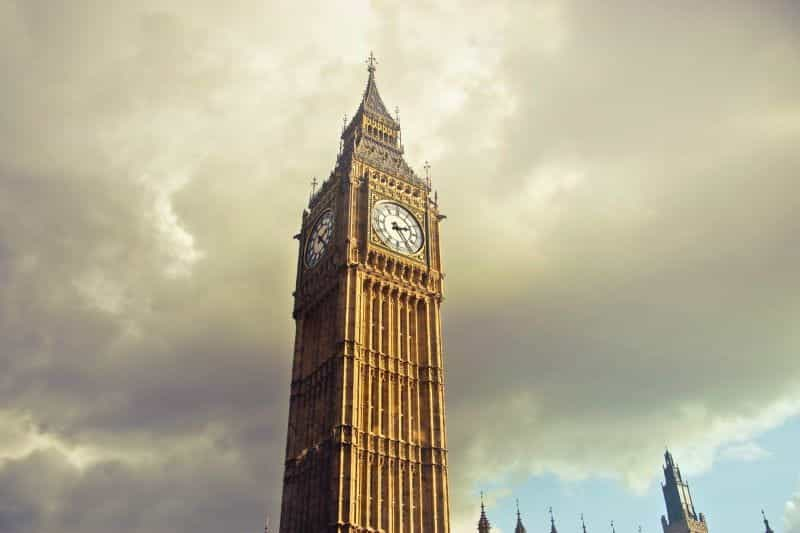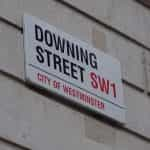UK Gambling Legislation Review Delayed
It has been reported that the UK government is unlikely to publish its new gambling legislation until next spring. In line with its election pledge, the government is in the midst of an extensive review of its 2005 Gambling Act, which is widely accepted as out of touch with the digital age. However, after already being postponed once, the latest delay is causing frustration amongst some campaigners.

The delay is due to a range of factors, including Brexit, the coronavirus pandemic and the National Lottery license competition. ©Andrea Piacquadio/Pexels
Call for Evidence was Extended
The Gambling Act Review has been long-awaited amongst those calling on the government to reform the industry. The Conservative party first pledged to update Britain’s gambling laws as part of its 2019 general election manifesto. Long before then, concerns had been growing that the £14 billion a year industry was out of control.
Many expected a white paper to be published before the end of 2020. Factors including the COVID-19 pandemic and Brexit shifted the government’s priorities, and the review was pushed back a year. The government commenced the Gambling Act Review in December 2020, and ministers stated that a white paper would be unveiled in 12 months.
With 2021 drawing to a close and a white paper yet to materialize, it seems clear that new legislation will not be published this year. Minister for Tech and the Digital Economy, Chris Philp, recently provided an update on the situation at the annual GambleAware conference.
Ministers are still wading through the 16,000 responses they received as part of the review’s call for evidence. The call for evidence was initially scheduled to close last March, but was extended to allow those affected by the collapse of sports betting platform Football Index to contribute.
Football Index was an online sports betting platform that styled itself as a stock market for football. Customers were able to buy and sell shares in players, whose value fluctuated based on factors like performance and game results. The platform collapsed in March, leaving customers angry and out of pocket to the tune of £90 million.
According to Philp, the white-paper will be published in the coming months. No clearer date has been offered by the government, and it seems that for some, patience is wearing thin. Campaigners have warned that the postponement could have dire consequences for those impacted by gambling harms.
Lottery Delays to Blame
According to The Guardian, sources have told it that new legislation is unlikely to be published until after the next license holder for the National Lottery is chosen. The government’s delay at concluding its review is in part due to delays to the Fourth National Lottery License Competition.
The current UK National Lottery license is set to expire in 2024, so the Gambling Commission is running a competition to award the next license. The competition was officially launched in September 2020, when interested parties were invited to submit their bids. The process has been fraught with delays, culminating in an extra six months for the incumbent license holder, Camelot.
The regulator was due to announce the winner of the competition in September or October 2021, but that has been postponed until February 2022. That announcement marked the second delay to hit the National Lottery competition, due to the coronavirus pandemic.
Camelot has operated the National Lottery since it was first launched back in 1994. However, this time around it faces some serious competition. The final applications for the competition were submitted in October. Those vying for the contract are Italian lottery operator Sisal, Czech gambling firm Sazka and The Health Lottery’s Richard Desmond.
The competition’s outcome is expected to be close, as Camelot has come under fire over how much it contributes to its Good Causes. Olympic and Paralympic Team GB athletes recently spoke to a DCMS Select Committee about barriers they had faced when applying for lottery funding.
MP Kevin Brennan cited the fact that Camelot’s 2% increase in funding to Good Causes over seven years was not in line with its 122% profit increase during the same period. Athletes also called on the government to offer more direct support for elite and grassroots sports, which would help to encourage a fitter and healthier nation.
Cabinet Reshuffle
Another contributing factor to the white paper’s postponement is the ministerial reshuffle that took place in September. MP John Whittingdale stood down from his post as Minister of State for Media and Data at the DCMS, after holding the role since February 2020. As part of his department role, Whittingdale had been in charge of gambling, lotteries and racing.
Whittingdale had been regarded as friendly towards the gambling industry, having previously voted against stronger regulation for it. He had been in favor of allowing fixed-odds betting terminals at service stations and arcades. In 2018, FOBTs were reformed by reducing the maximum bet limit from £100 to just £2.
At the time of Whittingdale’s departure from the DCMS it was reported that he was likely to be replaced by MP Julia Lopez. Lopez did take over his position in the cabinet, but responsibility for gambling and lotteries was transferred to the new DCMS Minister for Tech and the Digital Economy Chris Philp.
While Philp is understood to have caught up with the Gambling Act Review quickly, the arrival of new ministers as part of the DCMS reshuffle has still caused progress to slow down. In an announcement earlier this month, Philp outlined the government’s strategy to combat gambling harms.
Speaking to those attending the annual GambleAware conference, Philp called on operators to do more to reduce the risk of harms faced by their customers. He advocated for better use of data and technology from operators to interact with gamblers and prevent them from losing unaffordable sums of money.
Philp also suggested that the government would invest in the Gambling Commission so that it too could improve its data capabilities. This would aid the regulator in its monitoring work and help to reduce the number of operators breaching their licensing conditions. The DCMS has not commented on the delay.



